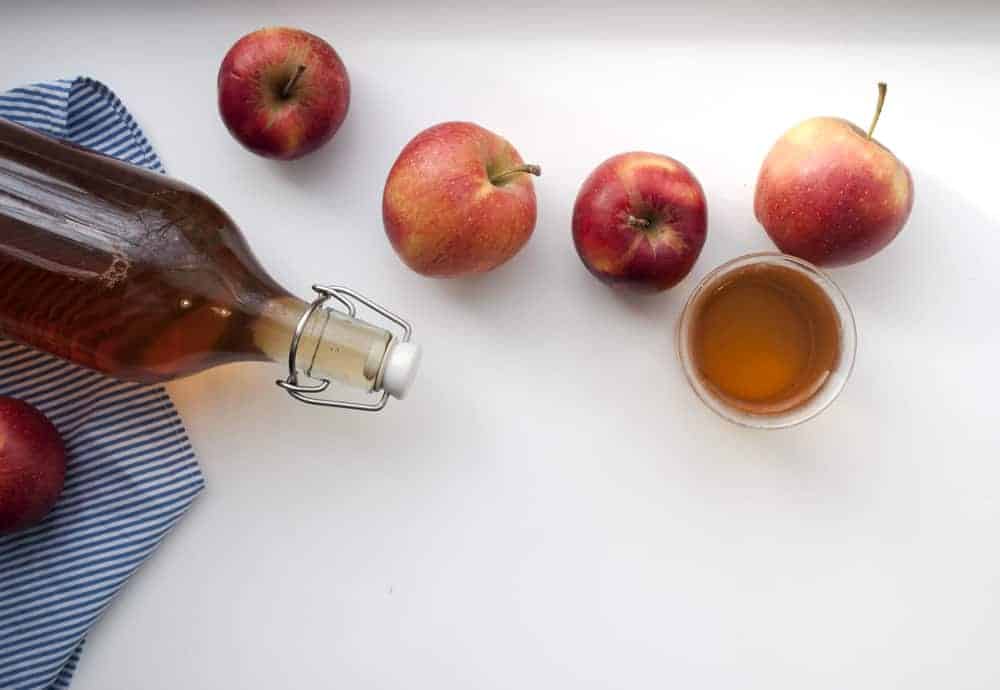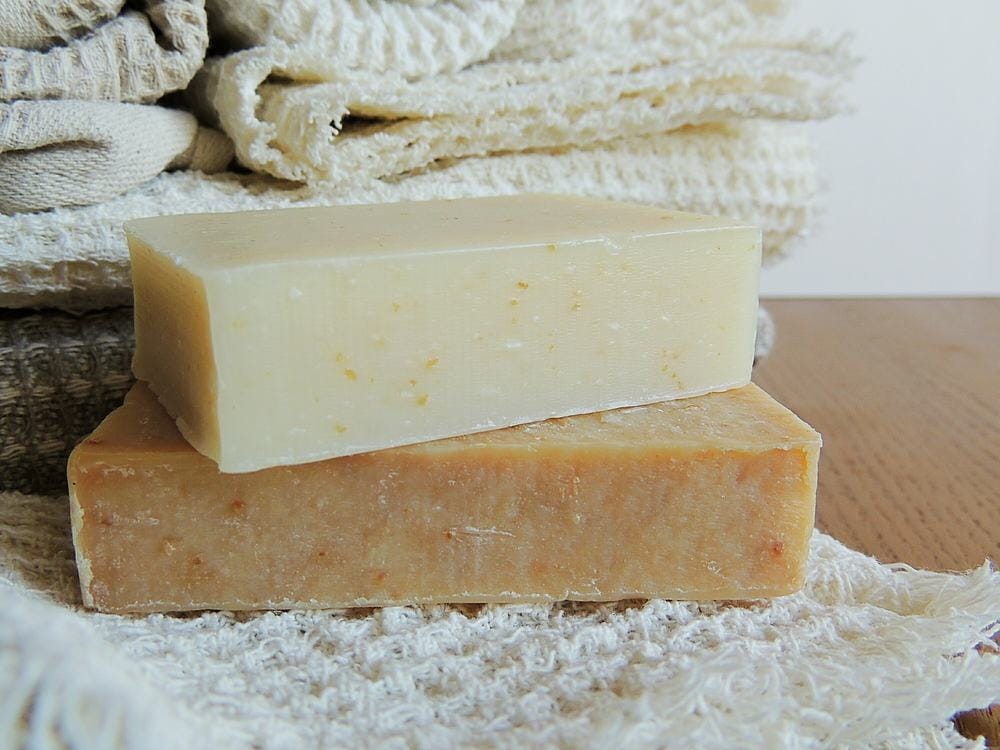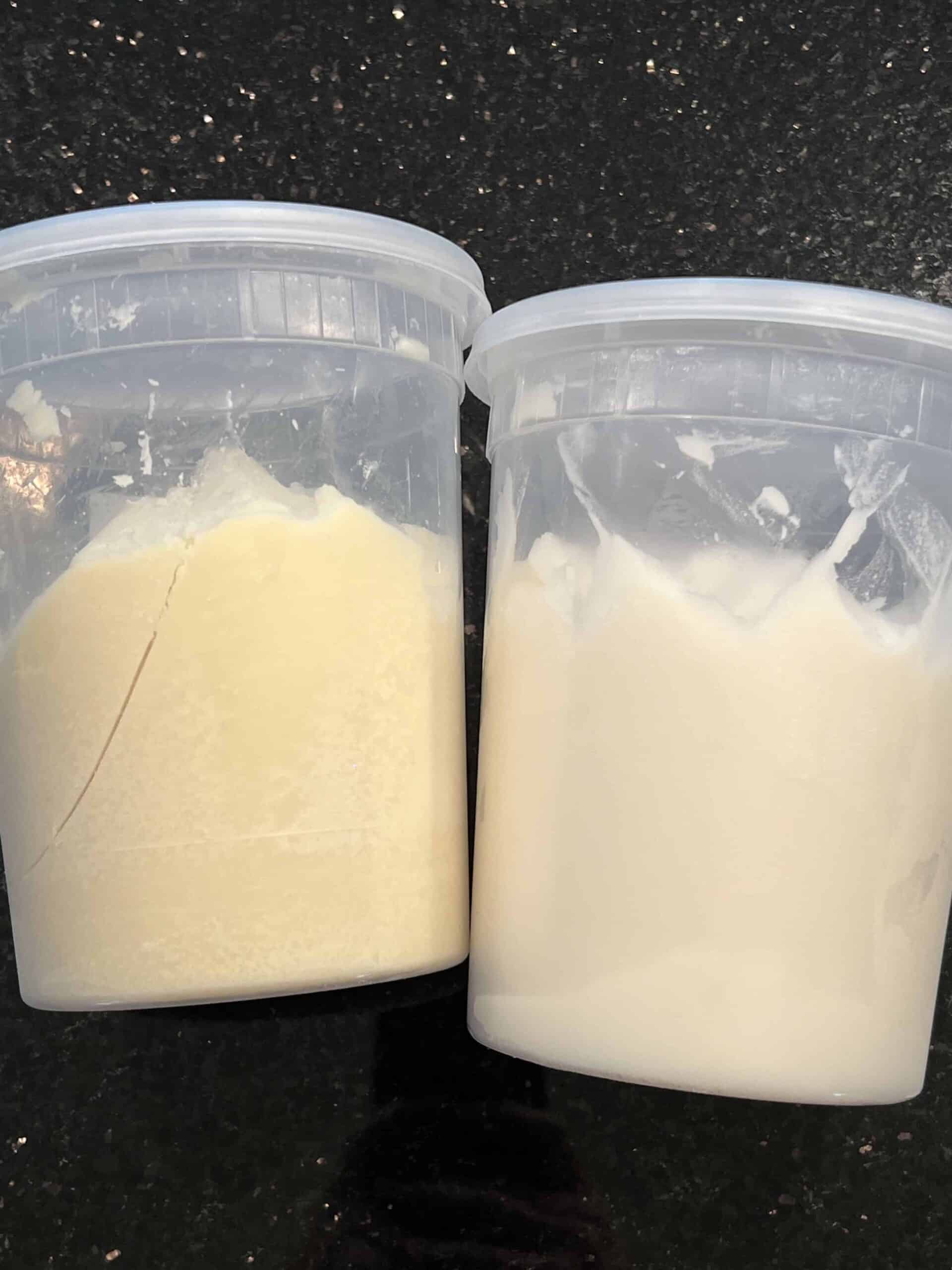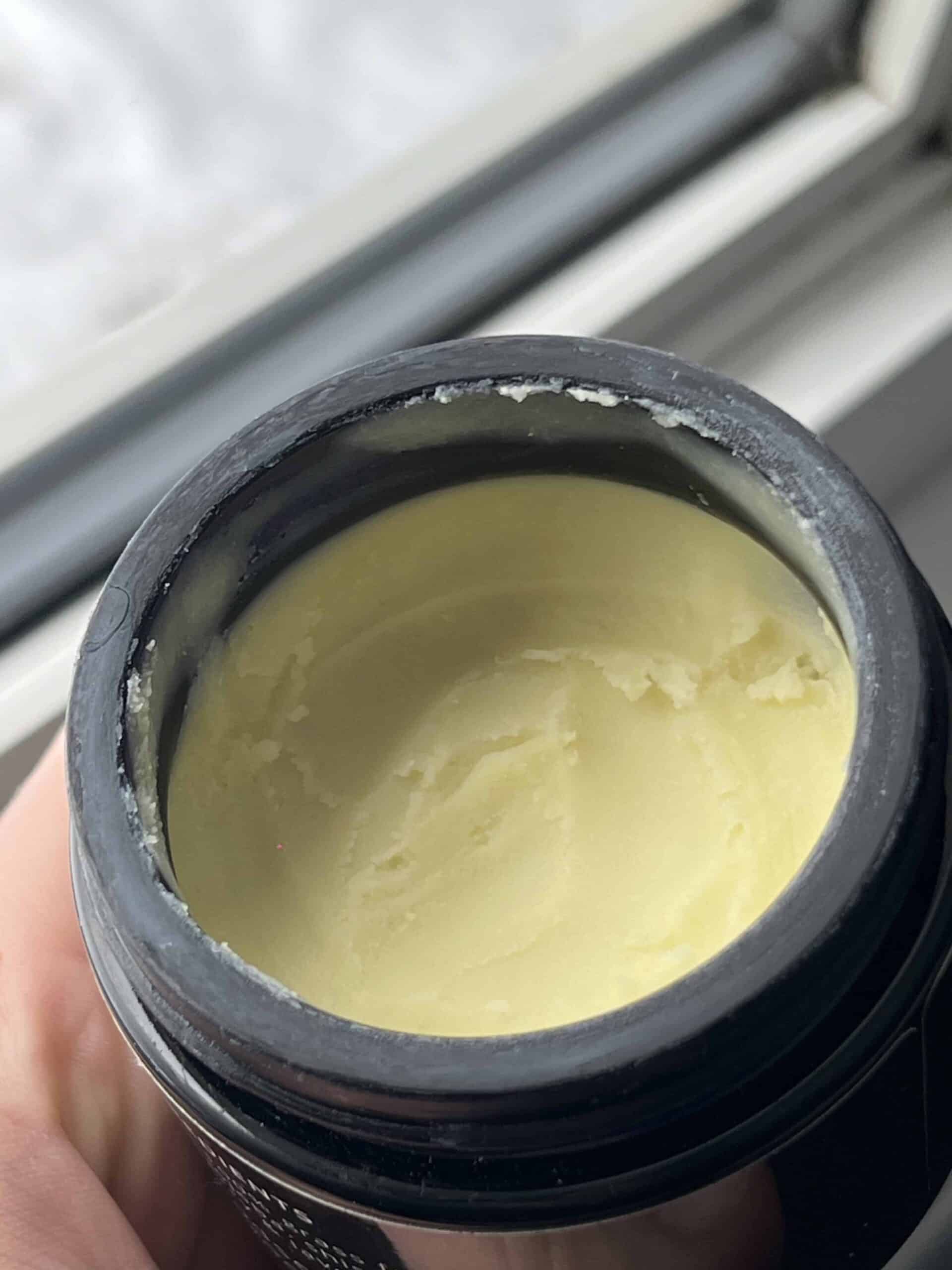Is Citric Acid Bad For You? The Ugly Truth
I always thought citric acid was just a natural acid found in fruits.
But, on my regular visits to the grocery store, I noticed that citric acid was added to most processed products. Carbonated drinks, energy beverages, processed dairy products, snacks, pre-prepared meats, home cleaning products, laundry detergents and even vitamins – citric acid is always on the ingredients list.
Why? Why is citric acid added to most commercial food and household items when it has nothing to do with these naturally acidic fruits?
It turns out that citric acid enhances flavours, boosts acidity, and preserves foods. It’s also very helpful at cleaning many things. That’s why it’s become so popular amongst food manufacturers and commercial goods.
So, what’s the big deal with adding citric acid to foods? Doesn’t it naturally occur in many different fruits?
Well, that’s the issue.
Yes, citric acid is an organic acid that naturally exists in fruits like oranges, lemons, pineapples, and strawberries. But it’s not this natural citric acid that manufacturers are adding to food and home products.
Because demand is so high, faster, cheaper ways of producing citric acid are being used. Food manufacturers are using manufactured citric acid (MCA) in their products.
Manufacturers use a special technique involving the mold Aspergillus niger and a highly processed sugar (such as molasses, beet sugar or corn syrup) to produce citric acid in bulk.
So, this mold (Aspergillus niger) undergoes a process of microbial fermentation to cheaply mass-produce manufactured citric acid.
It’s important to note that this mold is commonly found in soil, water, vegetation, fecal and decomposing matter. It’s also well known that molds are generally not beneficial to our health as many are potent allergens and inflammatory agents.
What’s crazier is that over 90% of citric acid used worldwide today is produced with this fermentation process (source).
Key Takeaways:
- Citric acid occurs naturally in fruits but also has a manufactured version.
- Processed foods and commercial goods often contain manufactured citric acid (MCA), using the mold Aspergillus niger for production.
- The safety of long term consumption of MCA has never scientifically been studied. MCA has been found to cause inflammatory symptoms in a patient study.
Other Posts You May Like:
- Is Tallow Good For Skin? The Natural Secret To Radiant Skin
- Sourdough Bread Benefits: Why Everyone Should Be Eating Sourdough
- How To Make Homemade Apple Cider Vinegar From Scraps
Manufactured Citric Acid and Aspergillus Niger
As mentioned above, manufactured citric acid comes from an unlikely source. It begins with the mold Aspergillus niger.
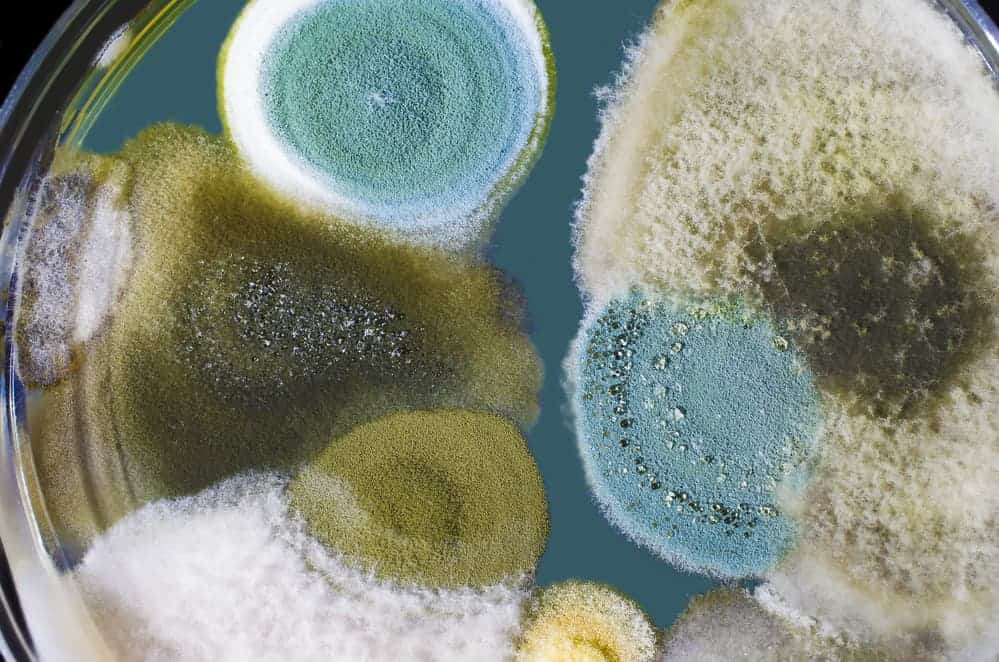
This microorganism undergoes a fermentation process under specific conditions. Through this process, citric acid is produced in very large quantities. Yet, not everything about this process is benign.
Aspergillus niger, while useful for mass-producing citric acid, also poses risks. For some individuals, it acts as a potent allergen. Exposure can lead to adverse reactions, with symptoms ranging from mild to severe.
The body’s response to mold can also spark inflammation and signal further immune system challenges. Awareness of these potential effects is crucial for those sensitive to allergens.
Aspergillus niger contains several toxins, one of which is ochratoxin A (OTA). This mycotoxin is a known carcinogen with capacity for immunotoxic and nephrotoxic effects (source).
So, when MCA is made by fermentation of this mold, there is concern that some of these mycotoxins and fragments remain in the final citric acid products and contribute to inflammatory symptoms in the body.
Role as a Food Additive
Manufactured citric acid finds its way into hundreds of food products found in grocery stores. From drinks to dairy products, meats, jams, salt, and more, everything seems to have added citric acid.
Acting as a preservative, it keeps food items fresher for longer. Not only that, but it also plays a significant role in enhancing flavours, making food items tastier.
Plus, it’s incredibly cost-effective and can be mass-produced for a very low cost. These benefits make manufactured citric acid an indispensable tool in the food industry.
However, this widespread use raises questions about its impact on consumers. The process involving Aspergillus niger, a known allergen, suggests potential health risks, with new studies emerging.
While the advantages of citric acid as a food additive are clear, staying informed is essential. By understanding how it’s made, where it comes from and what it’s used for, you can make informed choices with the food products you buy and eat!
Role In Cleaning Products
MCA is also commonly found in many laundry detergents and household cleaners. This is for a couple of reasons:
- pH Adjuster: Citric acid is often used to adjust the pH of cleaning products for enhanced cleaning. It can help to neutralize alkaline ingredients in detergents, bringing the pH closer to neutral or slightly acidic, which is generally more effective at removing dirt and stains.
- Stain Removal: Citric acid can help break down certain types of stains, especially those caused by hard water minerals or rust. Its acidic properties allow it to dissolve or loosen these stains, making them easier to wash away.
- Brightening Agent: Citric acid can act as a brightening agent, helping to keep clothing looking vibrant by removing mineral deposits and residues that can dull fabrics over time.
- Antimicrobial Properties: Citric acid also exhibits mild antimicrobial properties, which can help inhibit the growth of bacteria and fungi in cleaning products, extending their shelf life and ensuring they remain effective over time.
So, yes citric acid is useful and can be helpful in a variety of cleaning situations. However, it’s important to recognize that it’s MCA that is used in the formulations of these products and the safety of chronic exposure to MCA has never scientifically been studied.
One of my favourite homemade, non-toxic cleaners I use for pretty much everything in my home is this Simple DIY Orange Vinegar Cleaner.
It’s all natural, non-toxic and great at cleaning! You get some natural citric acid from the citrus peels too! So you get a powerful cleaner sans any harmful, inflammatory ingredients.
Health Implications of Citric Acid
The debate amongst experts is very divided when it comes to the topic of manufactured citric acid (MCA) and its safety on human health and wellbeing.
Some ignore the case altogether, whereas other medical professionals worry that MCA may not be as safe as it is illustrated to be.
It’s also interesting to note that the safety of chronic exposure and ingestion of MCA has never been scientifically studied.
Although manufacturers claim that Aspergillus niger is filtered out of the final product, there is concern that some mycotoxin particles are potentially left behind and may cause allergies and inflammation.
There is also research coming out with studies on human health side effects from MCA consumption.
One of these studies outlines a case study of patients experiencing substantial repetitive inflammatory symptoms such as joint and muscle pain, inflammatory bowel symptoms and respiratory symptoms following the consumption of food products and drinks containing MCA (source).
It’s well known that molds are potent allergens and can cause inflammation within the body, so it makes you wonder whether the MCA could potentially be contaminated with trace amounts of Aspergillus niger and be harmful to health and wellbeing.
Other Posts You May Like:
- Is Tallow Good For Skin? The Natural Secret To Radiant Skin
- Sourdough Bread Benefits: Why Everyone Should Be Eating Sourdough
- How To Make Homemade Apple Cider Vinegar From Scraps
Takeaway
So, yes, citric acid, naturally found in fruits and vegetables, is excellent for supporting your health and wellbeing.
However, the manufactured form found in most commercial food products may not be as safe for health as it’s claimed to be.
As always, it’s essential to read labels, stay informed and choose the most natural forms of food items for the most nutritious and health-supporting option.
Are we paying enough attention to what’s hidden in plain sight on our labels?

